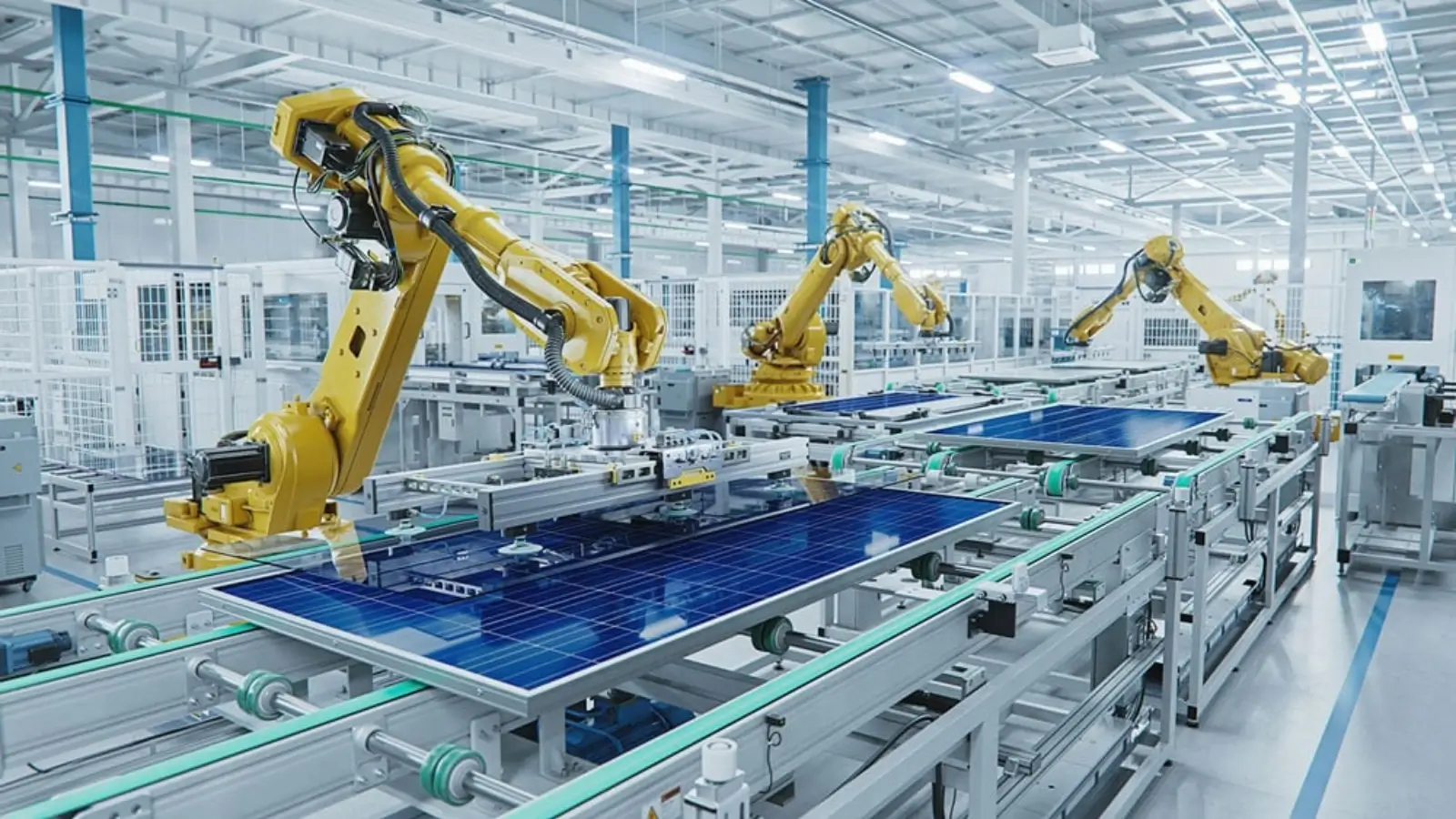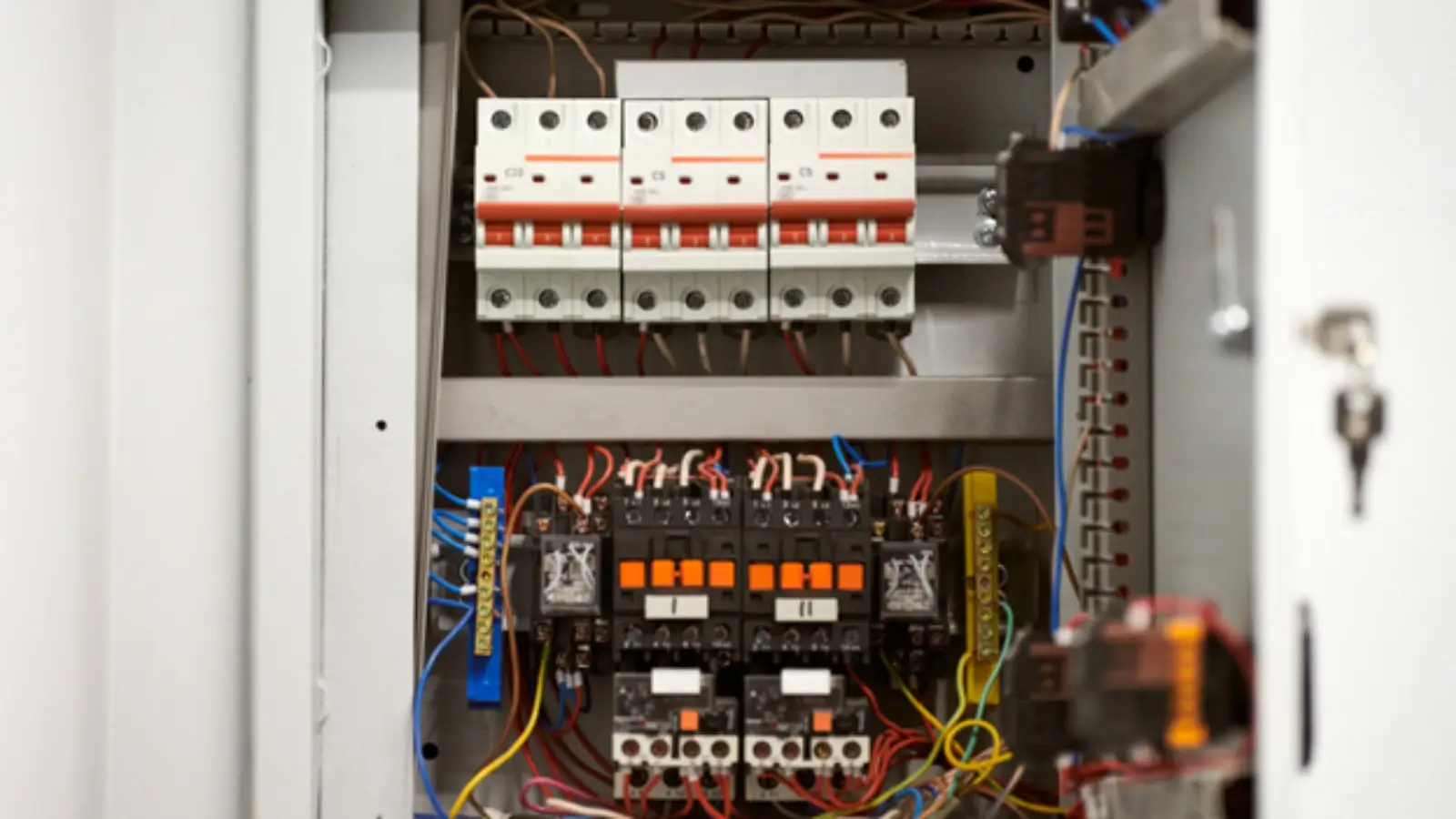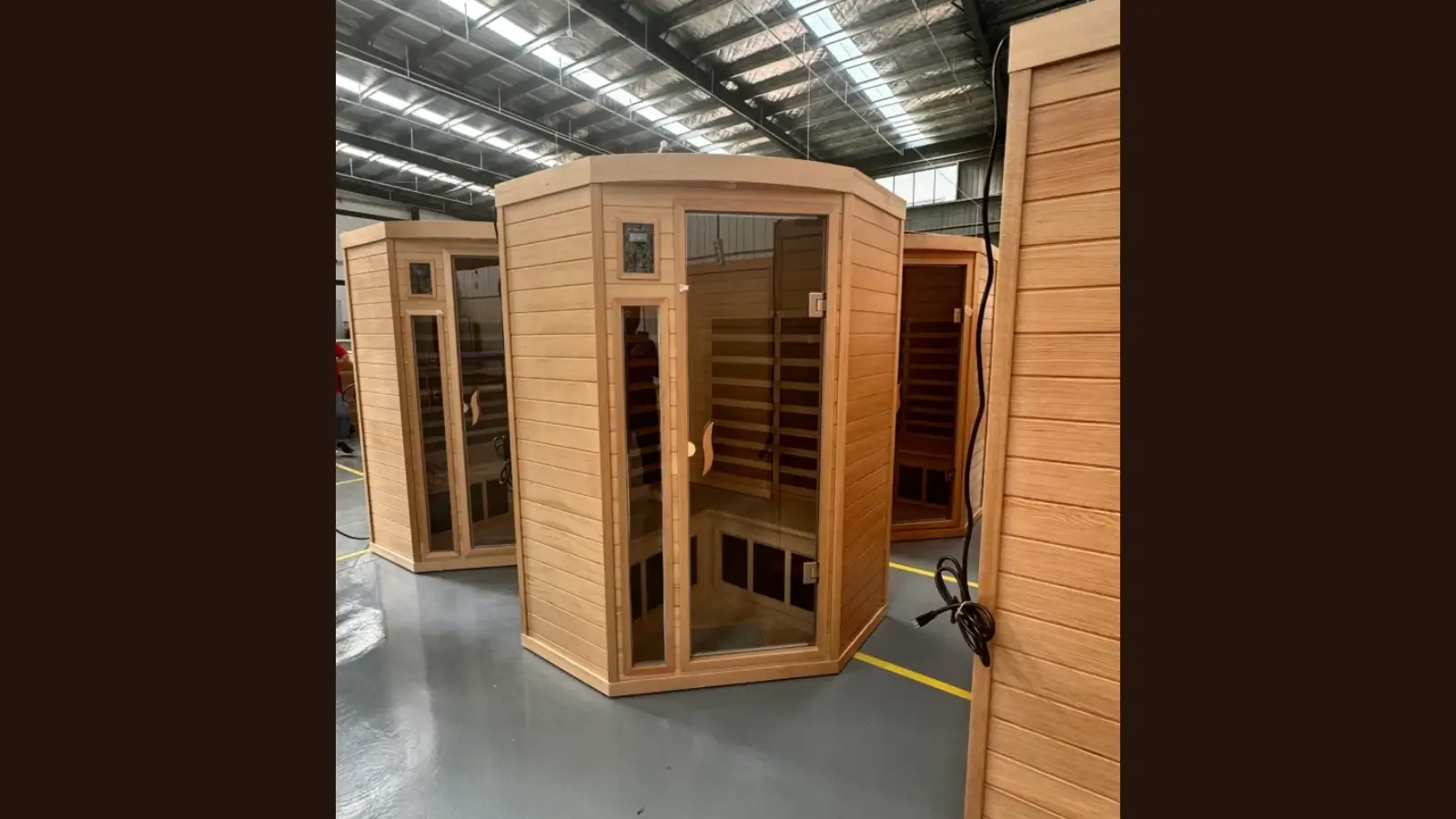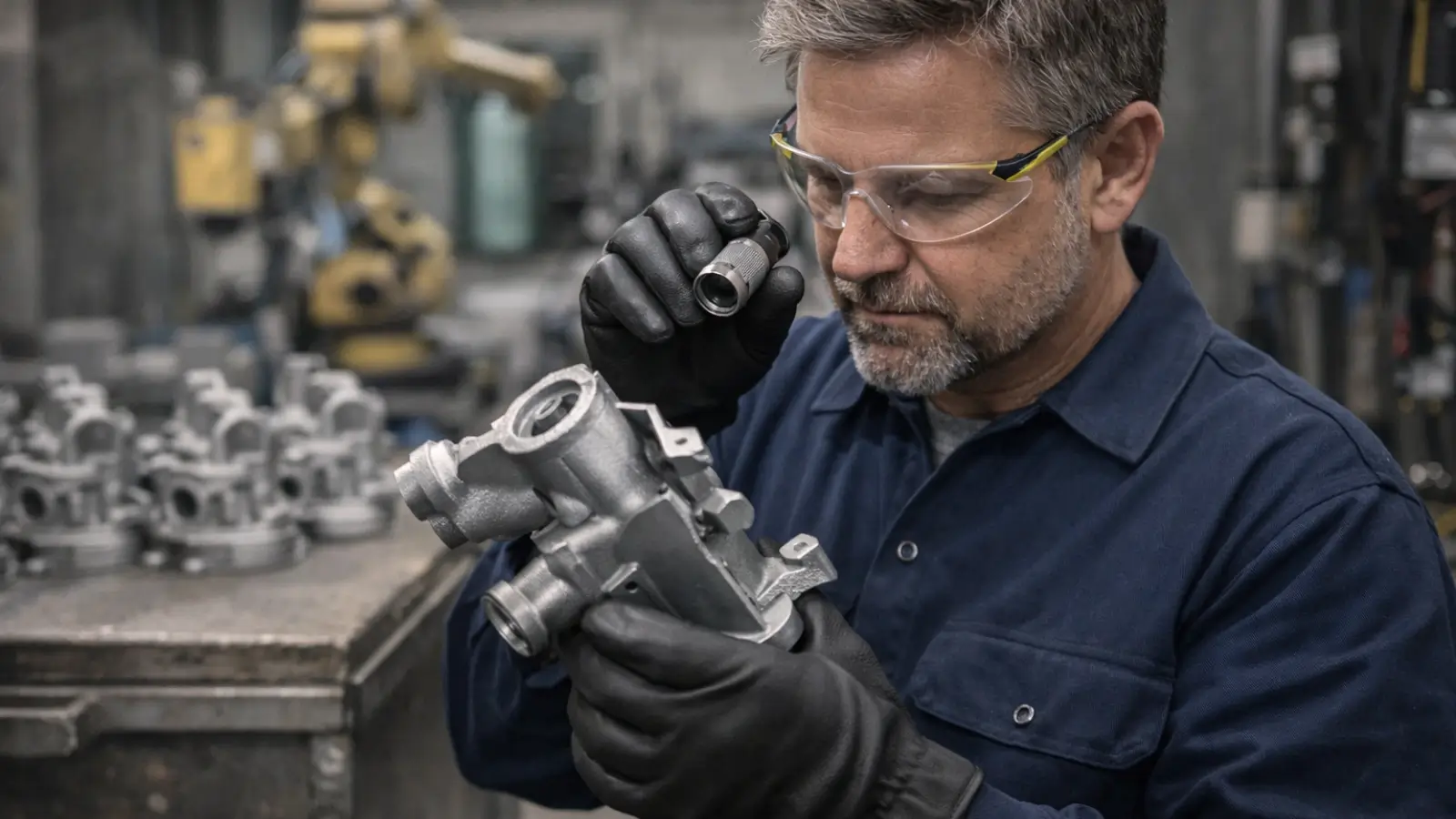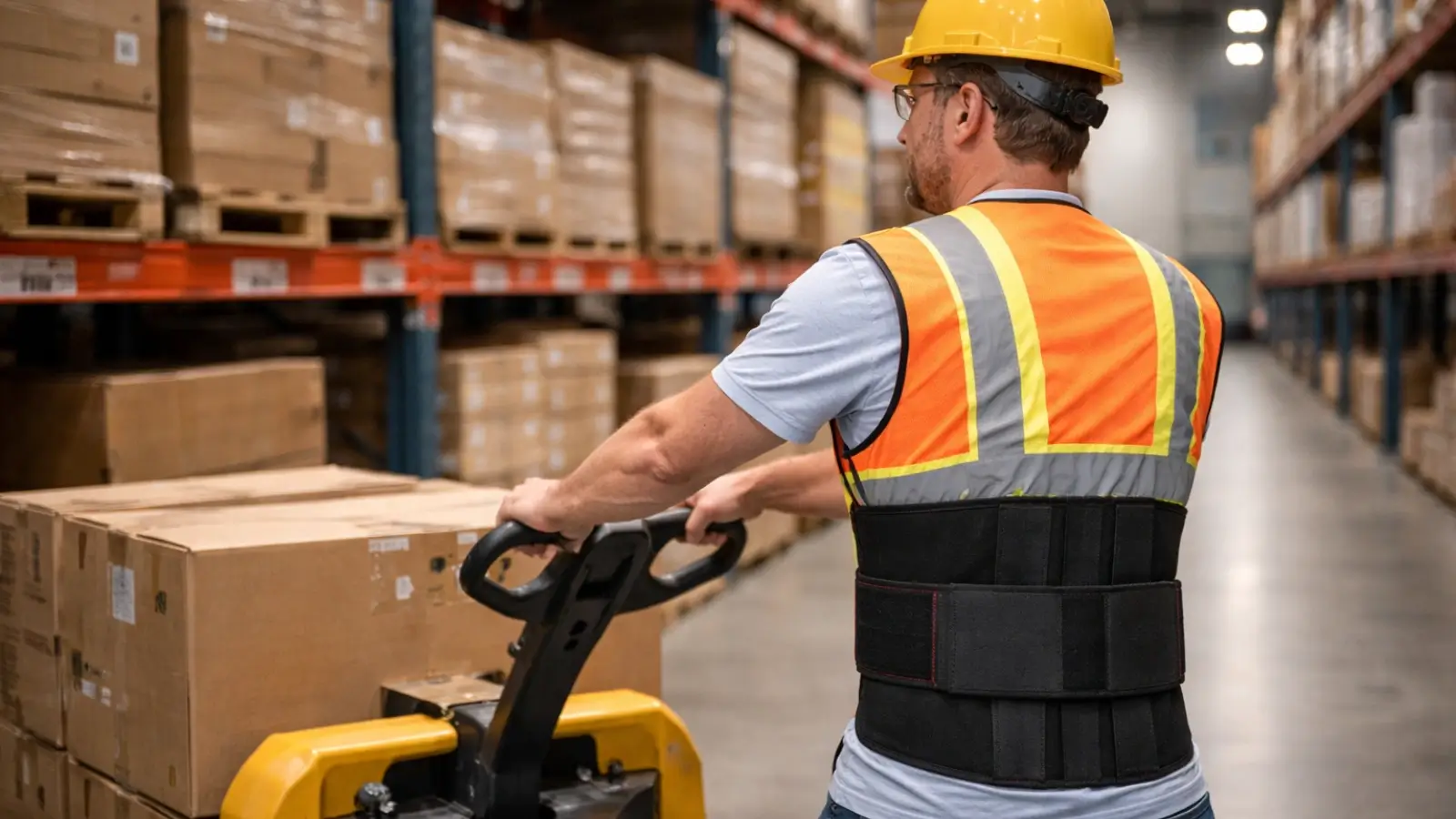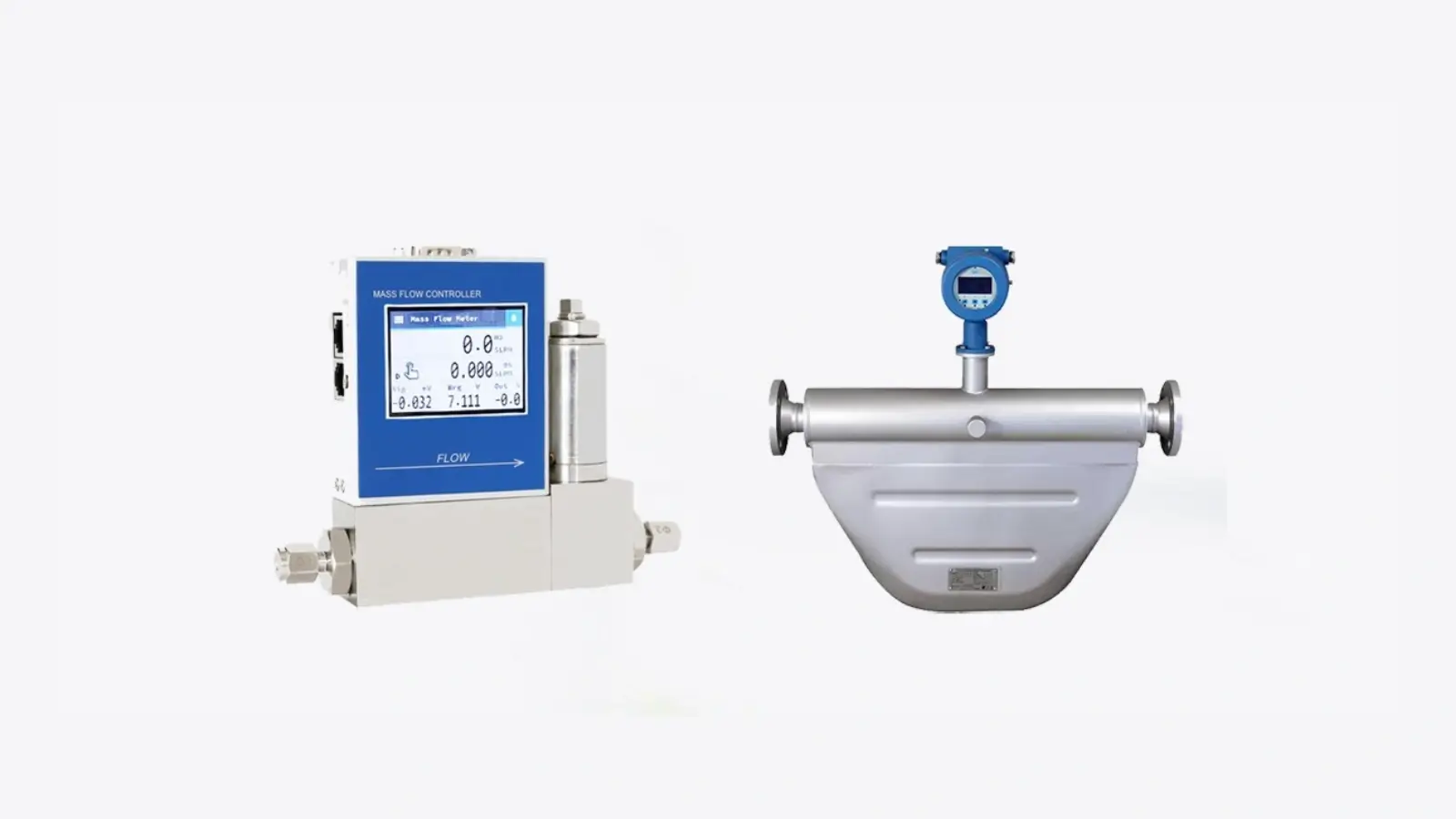In today’s competitive global market, businesses are under constant pressure to improve efficiency, reduce costs, and meet the ever-evolving demands of consumers. One of the most effective ways to achieve these goals is through custom manufacturing, a process that delivers tailored production solutions while maintaining scalability.
Companies like Sur-Seal are leading the way in this space, providing innovative custom manufacturing capabilities that help industries adapt quickly and stay ahead of the competition. From automotive and electronics to medical devices and consumer goods, custom manufacturing has become the go-to approach for organisations seeking flexibility and precision.
In this blog post, we’ll explore why custom manufacturing is shaping the future of scalable production and how businesses can leverage partners like Sur-Seal to gain a lasting competitive edge.
What Is Custom Manufacturing?
Custom manufacturing involves the creation of products or components that are designed and produced based on specific requirements, rather than mass-produced in standard quantities. Unlike traditional manufacturing methods, which typically involve set designs and production processes, custom manufacturing allows for flexibility and adaptability in production. It’s particularly beneficial for companies that need specialised products, small to medium batch runs, or unique features that aren’t available through off-the-shelf solutions.
Flexibility and Personalisation: Meeting Diverse Needs
One of the most significant advantages of custom manufacturing is its flexibility. Traditional manufacturing methods often require large production runs to be cost-effective, making it difficult for businesses to meet niche demands or produce specialised products. Custom manufacturing allows businesses to tailor each item to the exact specifications needed, ensuring that every product is unique.
Whether you’re producing bespoke machinery parts, consumer electronics with custom features, or medical equipment designed for specific conditions, custom manufacturing offers unparalleled flexibility in design and production. This level of personalisation can be a key differentiator in industries where customer demands are continually changing, and off-the-shelf solutions simply won’t suffice.
Scalability Without Sacrificing Quality
Custom manufacturing doesn’t mean you have to sacrifice scalability for quality. In fact, it’s the perfect combination of both. With the right custom manufacturing processes, businesses can produce high-quality, tailor-made products while still scaling up their production capacity to meet growing demand. Advanced technologies like 3D printing, robotic automation, and advanced CNC machining make it easier for manufacturers to scale their production without compromising on precision or quality.
What sets custom manufacturing apart from traditional methods is the ability to maintain high standards of quality while adjusting production volumes to suit the specific needs of the business. This means that businesses can start with small batch runs and gradually scale up as their demand increases, all while keeping the production costs manageable.
Cost Efficiency Through Lean Manufacturing
Although custom manufacturing may initially seem more expensive due to the bespoke nature of the process, it can actually lead to cost savings in the long run. Custom manufacturing allows businesses to optimise their production lines, reduce waste, and improve efficiency by using exactly the right materials and processes needed for a specific product. This is where the concept of lean manufacturing comes into play, a methodology focused on minimising waste and maximising value.
- Reduced Inventory Costs: With custom manufacturing, businesses can produce products on-demand, reducing the need to maintain large inventories of finished goods. This helps reduce storage costs and the risk of unsold inventory.
- Optimised Production Processes: Custom manufacturing often relies on advanced technologies and automation, allowing for more precise and efficient production runs. By eliminating unnecessary steps and reducing the potential for human error, businesses can save on labour and material costs.
- Smaller Batch Sizes: Custom manufacturing is ideal for companies that don’t require large production runs. This allows businesses to create smaller batches of products, reducing upfront investment costs and minimising risk.
Increased Innovation and Competitive Advantage
Custom manufacturing is a gateway to innovation. Traditional manufacturing methods often require businesses to follow a rigid production process that may not accommodate the rapid pace of innovation. Custom manufacturing, on the other hand, provides businesses with the flexibility to explore new designs, materials, and technologies, which is crucial for staying ahead of the competition.
For instance, industries like automotive and electronics are constantly evolving with new features, designs, and technologies. Custom manufacturing allows companies to quickly adapt to these changes and offer products that incorporate the latest trends or innovations. By investing in custom manufacturing, businesses can establish themselves as industry leaders and offer products that meet or exceed customer expectations.
Moreover, with bespoke production capabilities, businesses can address specific customer pain points and provide solutions that mass-produced products simply can’t match. This creates opportunities for companies to attract niche markets and develop specialised products that set them apart from the competition.
Sustainability and Environmental Benefits
In an era where sustainability is becoming increasingly important, custom manufacturing can offer significant environmental benefits. By producing products based on demand and only using the materials necessary for production, businesses can reduce waste and their environmental footprint.
- Less Overproduction: Traditional mass production often results in overproduction, leading to excess inventory that may end up being discarded. Custom manufacturing eliminates this issue by allowing businesses to produce only what is needed.
- Material Optimisation: Custom manufacturing processes allow for more precise use of raw materials, reducing scrap and waste. Additionally, businesses can use environmentally friendly materials or processes that align with sustainability goals.
- Energy Efficiency: With advanced technologies like 3D printing and robotic automation, custom manufacturing can be more energy-efficient than traditional methods. These processes reduce the energy required for production, helping businesses reduce their carbon footprint.
Custom Manufacturing in the Digital Age
The rise of Industry 4.0 and digital technologies is revolutionising custom manufacturing. With tools like AI-driven design, IoT-connected machines, and cloud-based production management, custom manufacturing is becoming even more efficient, precise, and scalable. These technologies allow manufacturers to optimise their operations, reduce lead times, and offer better product quality at lower costs.
- 3D Printing: Also known as additive manufacturing, 3D printing is allowing for more complex and customised designs that were previously impossible with traditional manufacturing methods. This technology reduces production time and costs, making it easier for businesses to produce low volumes of custom items.
- Robotic Automation: With the help of robots and AI, manufacturers can automate parts of the custom production process, improving precision and speed while reducing human error.
- Cloud-Based Systems: Cloud platforms allow manufacturers to manage and monitor their production lines in real-time, making it easier to scale production and track inventory, materials, and costs efficiently.
Conclusion
As industries continue to evolve, custom manufacturing is quickly becoming the preferred method for scalable production. The flexibility, cost efficiency, and ability to innovate that custom manufacturing provides are unmatched, allowing businesses to meet the growing demand for personalised products without compromising on quality.
With the added benefits of sustainability, advanced technologies, and the ability to scale production, custom manufacturing offers a future-proof solution for companies looking to stay competitive in an ever-changing market. Whether you’re in the automotive, electronics, or medical industry, custom manufacturing is the key to driving growth, innovation, and success.

